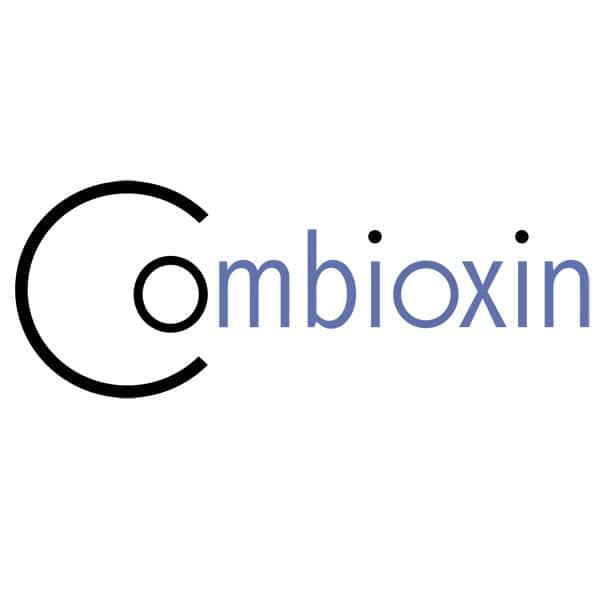
Swiss biotech Combioxin has published the first clinical data on a new way to treat serious infections, by neutralising toxins made by pathogens.
The small first-in-human study – involving 19 patients who had been hospitalised for life-threatening streptococcal pneumonia – tested Combioxin’s liposomal compound CAL02, which is designed to mop up bacterial toxins that cause inflammation and organ damage.
CAL02 was equivalent to placebo when it came to safety, and showed preliminary evidence of helping patients recover more quickly, such as shortening the time to resolution of organ dysfunction. The results are published in The Lancet Infectious Diseases, and an editorial accompanying the study suggests this should be seen as a “medical breakthrough”.
With antibiotics R&D in the doldrums and growing concerns about pathogens that are resistant to multiple conventional antibiotics, Combioxin’s approach could introduce a new treatment option to rescue patients who are severely ill due to infections, and in pneumonia it has selected an area of massive unmet need.
The World Health Organization (WHO) estimates that community-acquired pneumonia (CAP) affects 450 million people every year worldwide, 20% of whom need to be hospitalised. It’s notable that in this small study, the patients were very ill indeed: 58% in septic shock and 42% needing invasive mechanical ventilation at the time of treatment.
As it doesn’t work like a conventional antibacterial drug, CAL02 doesn’t induce resistance and can be administered before the pathogen has been identified. There is also no impediment to giving the therapy on top of antibiotics, says the Swiss biotech.
It has been estimated that antimicrobial resistance (AMR) could lead to 10m extra deaths a year and cost the global economy up to £75 trillion by 2050 unless new ways to tackle infectious diseases are developed.
Two doses of CAL02 were used in the trial and it was too small to give any indication of dose response, which would build evidence that the liposomal therapy is responsible for the clinical benefits observed, but this will be tested in further clinical trials.
Combioxin is now planning a new study that will test CAL02 in a much larger patient population, according to the company’s chief medical officer Toni Perez. That study will aim to show that CAL02 will be able to reduce hospital stays and the length of time patients need mechanical ventilation support, which could reduce the cost of managing severe CAP.
“This innovative and simple solution may well transform standard of care,” said Bruno François, head of the medical-surgical intensive care unit at the University Hospital of Limoges, France, one of the investigating centres in the trial.
“For several decades, no treatment has improved the outcome of severe pneumonia that is still the deadliest communicable disease,” he added. “We look forward to carrying out the next trial in severe CAP patients regardless of the causing pathogen.”




